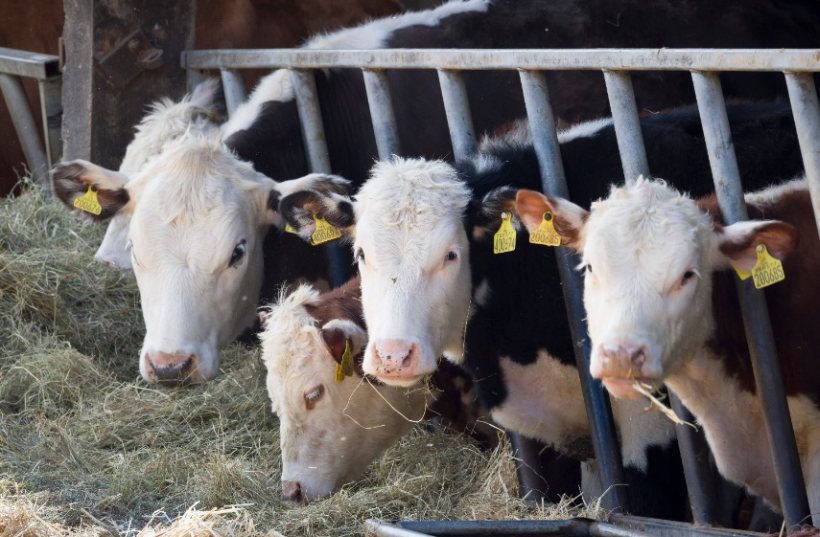New attestation rule for farmers means increased red tape, industry warns

A coalition of industry bodies has written to Defra to express concerns over the unilateral decision to add a UK-only requirement for a veterinary attestation.
The groups warn that the UK's ability to export meat to the European Union could 'grind to a halt' if the rule is implemented.
The EU is the destination for over 72% of UK meat exports and a meat market worth an average of £1.3bn a year.
At present the EU requires the need for farms to receive ‘regular’ animal health visits by a veterinarian in order that the meat from those animals can be exported to the EU.
The purpose of these farm visits is to verify the absence of notifiable diseases, despite the fact that, as a country, the UK is recognised as being ‘free’ of such diseases.
Defra say that from 13 December the farmer self-declared Support Health Attestations, which declare that the farm has received ‘regular’ animal health visits by a veterinarian to be able to export meat to the EU.
The industry bodies, which include the NFU, National Pig Association and National Sheep Association, warn that this will result in another layer of unnecessary red tape on the livestock sectors.
The change is being implemented with 'limited industry consultation' and, as yet no agreed upon a delivery mechanism.
Defra has confirmed that farms already covered by a UK Farm Assurance scheme do not need to meet this new requirement.
However, the groups highlight that there are thousands of animal holdings across Britain that do not belong to one of these schemes and will therefore need to have a signed veterinary visit before 13 December.
This comes against the backdrop of an ongoing shortage of veterinarians since Brexit, which has seen an increased workload for a reduced number of UK vets after many chose to return to the EU.
NFU livestock board chair, Richard Findlay said the additional level of red tape would "only serve to add an unnecessary burden to an already stretched veterinary sector".
“[It will] pile on further costs to farmers who are already struggling with soaring fertiliser, feed and fuel prices," he added.
“This could seriously impact the livestock sector’s ability to produce affordable red meat, at a time when access to affordable, nutritious, sustainable food is vitally important to people at home and abroad."
A Defra spokesperson said: “We are aware of the concerns raised by industry about the process of providing evidence of regular vet visits.
“Businesses exporting goods from GB to the EU are required by the EU to use EHCs signed by an official vet. This requirement is set by the EU and is not within the control of the UK government.
"We are engaging with businesses and the Royal College of Veterinary Surgeons to try and ease the burden on exporters in meeting these EU requirements.”








